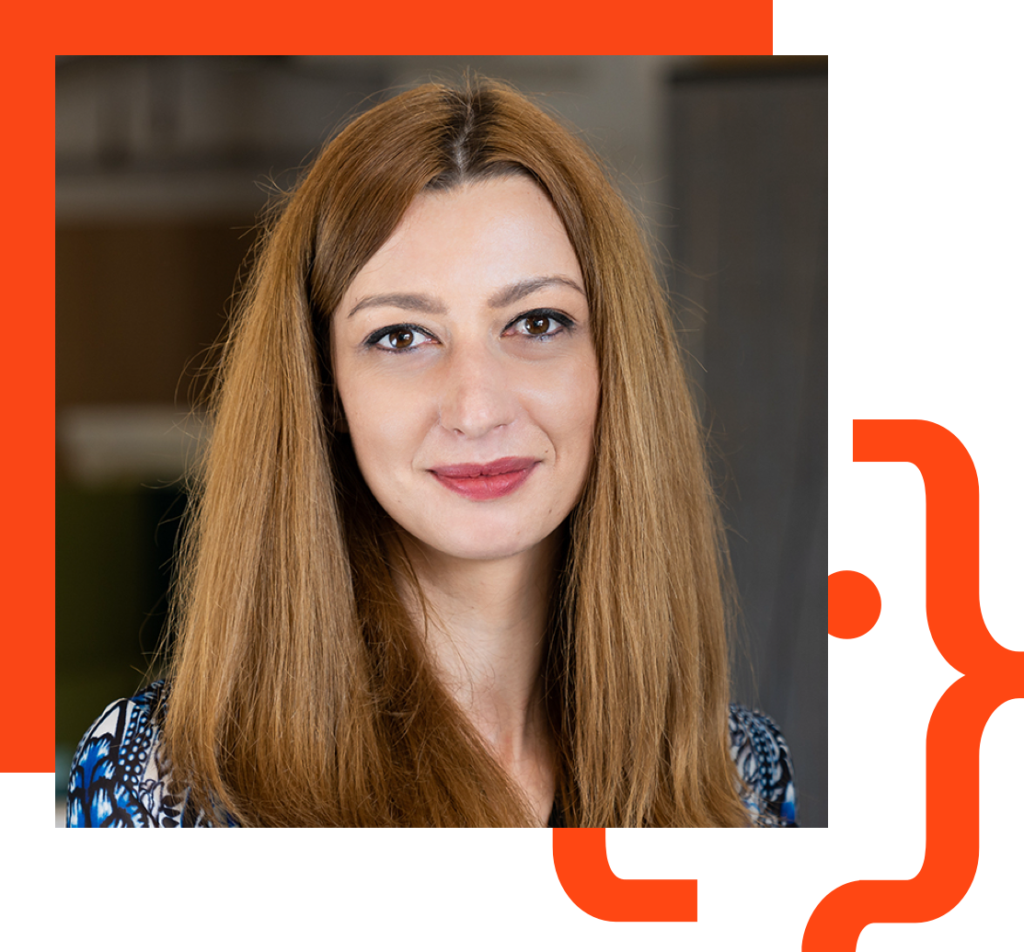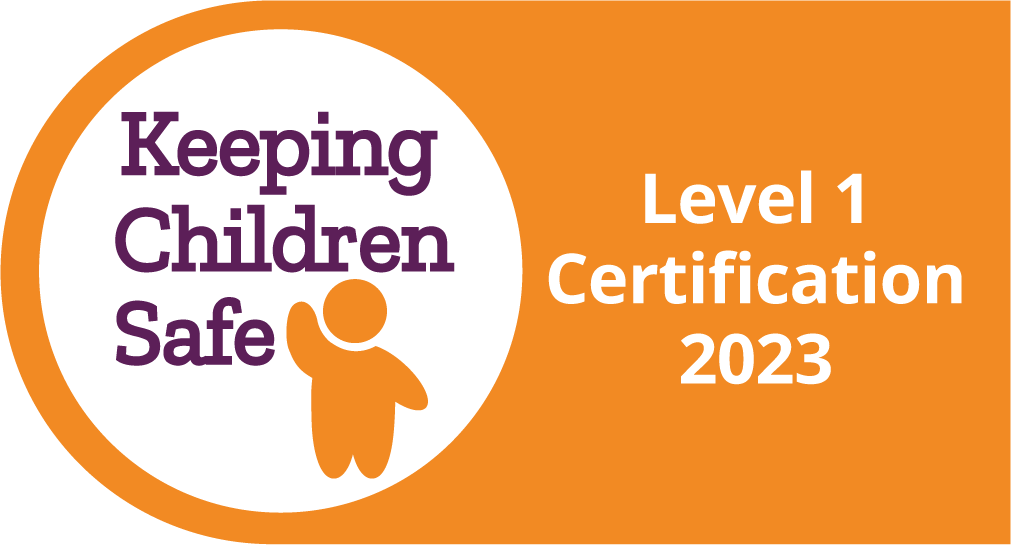- the highest number of hours allocated to digital competence as a separate compulsory subject in upper secondary education;
- the best results in the Connectivity dimension, due to the high use of very high-speed broadband and the wide availability of very high-capacity fixed networks, especially in urban areas.
The development of the first digital literacy assessment test in Romania
Even if Romania has:
The official figures show that:
- Only 10% of Romanians have superior digital skills (vs. 33% EU average), while 43% have low skills (vs. 28% EU average);
- 56% of Romanian young people (aged 16-24 years) have basic digital skills, compared to the EU average of 80%.
(Source: Eurostat)
Our vision:
In 2021, together with our partner Brio, we developed the first standardised digital literacy assessment tool that is accessible, free of charge, to over 2.8 million students in Romania, from 1st to 12th grade. This year we published the second report that analyzes the data obtained after two years of application of the digital literacy test in Romania.



As of October 2021, the tests have been launched and are available, free of charge, in Romanian, on brio.ro.
Developed by a team of experts in psychometrics, educational sciences, IT, the tests measure the students’ skills related to their interaction with different digital devices and programs, in various scenarios: school, home and family, friends and hobbies. Digital literacy can be observed, measured and developed through pedagogical interventions, the instrument being a support tool for teachers, who can use it in the classroom to assess their students’ skills. The tests are developed in accordance with the regulations of the European Framework for the Assessment of Digital Competences, issued by the European Commission and include several levels of difficulty, corresponding to the digital competencies that each child should have, for each age level.
In an effort to test the digital skills of the children from vulnerable families we work with in six areas of Romania, we realised that there is no standardized tool for properly assessing these skills among students, age and grade adapted, aligned to the European Framework for Digital Competences. We have joined forces with Brio® to build a digital tool that will be accessible, free of charge, to over 2.8 million students in Romania. This online testing environment will allow us to build, at a systemic level, models of individualized educational intervention, depending on the level of digital skills of each student. We, at UiPath Foundation, will continue our efforts to support the access to quality education for children from vulnerable families and to make this tool visible and accessible in the areas where we intervene, as well as in other disadvantaged communities across the country
Raluca Negulescu-Balaci
Executive Director, UiPath Foundation


The need for digital literacy in all levels of Romanian society is becoming more and more obvious, and the school is the place where these skills can be created. That is why I am glad that together with the UiPath Foundation we will launch and widely apply the first serious diagnostic tool for digital literacy among Romanian students. Starting from here, having an extensive analysis of children’s digital skills, we can create the basis for a dialogue with the authorities to draw up intervention plans to recover the absolutely obvious gaps between the Romanian children’s average and the European average.
Dragoș Iliescu
CEO, Chief Scientist and founder, Brio
Automation initiatives
Starting 2020, we have been trying to bring automation closer to our everyday work. Also, with the volunteers’ support, we helped our partners and the children in our programs become familiarized with RPA.
Familiarise children and our partners with RPA, through dedicated, tailored workshops developed by our volunteers.
Our activities in 2020 and 2021:
- RPA workshops for kids rolled out in, with the support of volunteers from UiPath;
- 1565 hours allocated by children as a group, in Digital Skills workshops;
- Automate processes in order to ease access to training courses for teachers;
- Bringing automation to our everyday working processes.



© Copyright 2024 UiPath Foundation

